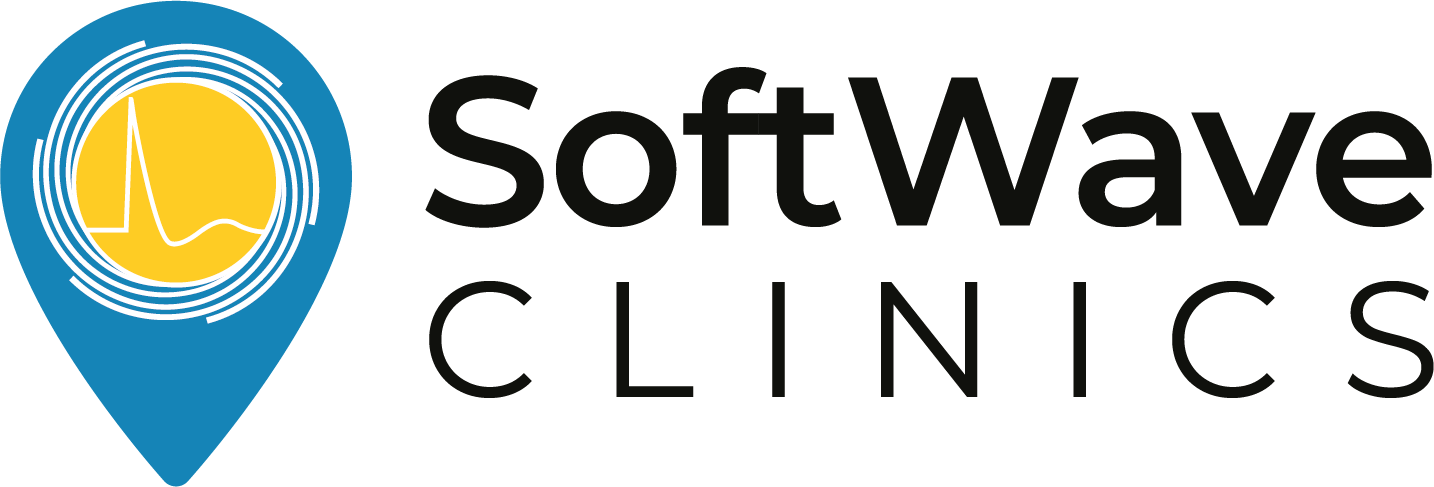Therapeutic Potential of Exosomes in Cardiovascular Protection
Title: Exosomes and Cardiovascular Protection
Authors: Sean M. Davidson, Kaloyan Takov, Derek M. Yellon
Summary:
Exosomes, small lipid bilayer vesicles secreted by cells in the cardiovascular system, have shown immense potential in providing cardioprotective effects. These vesicles, despite their technical challenges in purification and analysis, exhibit powerful cardioprotective properties. In fact, exosomes derived from cells have been found to replicate many of the beneficial effects obtained through stem cell therapy, suggesting their therapeutic equivalence. Furthermore, exosomes purified from plasma have also demonstrated the ability to activate cardioprotective pathways.
This study explores the roles of endogenous exosomes in the cardiovascular system, how their functions are perturbed in cardiovascular disease, and evaluates their potential as therapeutic agents for heart protection. Various techniques have been employed to isolate exosomes, including ultracentrifugation, precipitation, affinity-isolation, and size-exclusion chromatography. However, achieving completely pure exosome populations remains a challenge, often resulting in a mixture of exosomes, microvesicles, and other extracellular vesicles.
Despite these challenges, exosomes derived from different cell sources have shown therapeutic benefits in experimental cardiovascular models. For instance, exosomes from adipose mesenchymal cells have inhibited vascular smooth muscle proliferation, while exosomes derived from cardiac progenitor cells have reduced cardiomyocyte apoptosis and enhanced angiogenesis. Additionally, exosomes from cardiosphere-derived cells have improved cardiac function by inhibiting apoptosis and promoting cardiomyocyte proliferation and angiogenesis.
The therapeutic potential of exosomes extends beyond stem cell sources. Exosomes derived from blood plasma have demonstrated cardioprotective properties by reducing infarct size and improving recovery in myocardial ischemia/reperfusion injury. These exosomes interact with cardiomyocytes through specific receptors, activating cardioprotective signaling pathways.
Despite the existing challenges in obtaining pure exosome populations and the need for targeted delivery methods, exosomes hold tremendous promise as therapeutic agents for cardiovascular diseases. Ongoing research in this field aims to further understand exosome biology, optimize their pharmacokinetics and pharmacodynamics, and develop specific delivery strategies. As we continue to unravel the secrets of these tiny circulating vesicles, their potential in cardiovascular therapy remains an exciting area of exploration.
